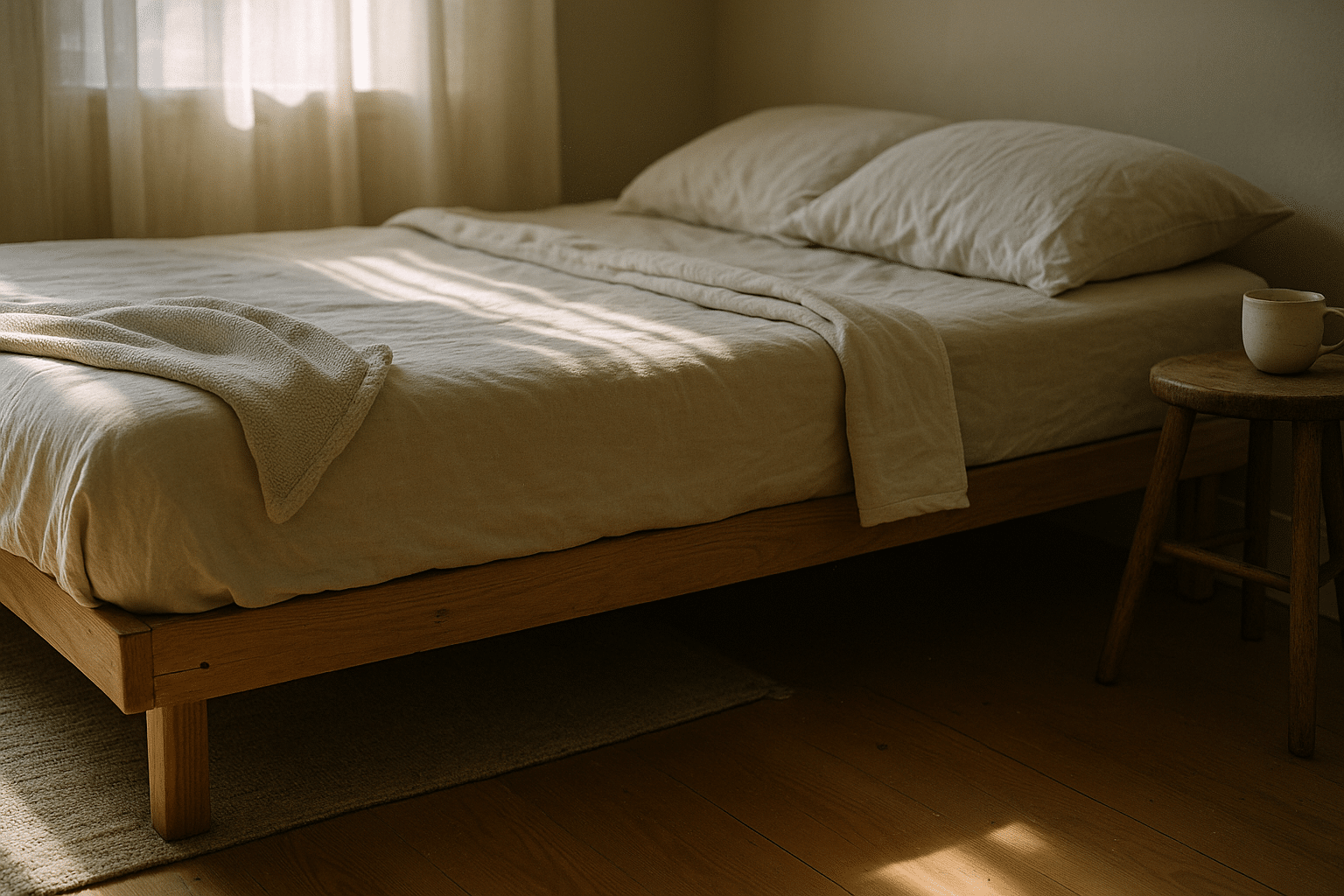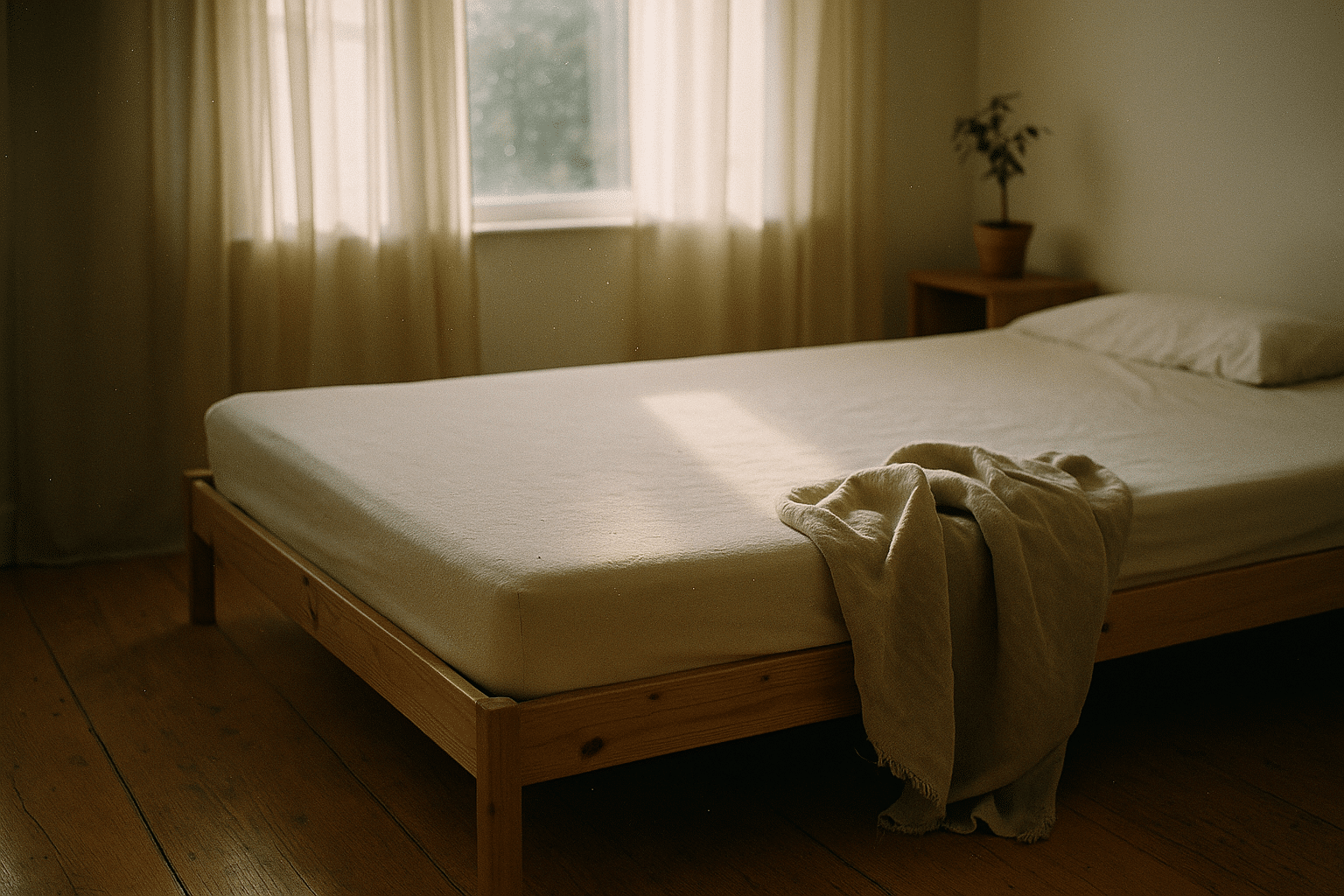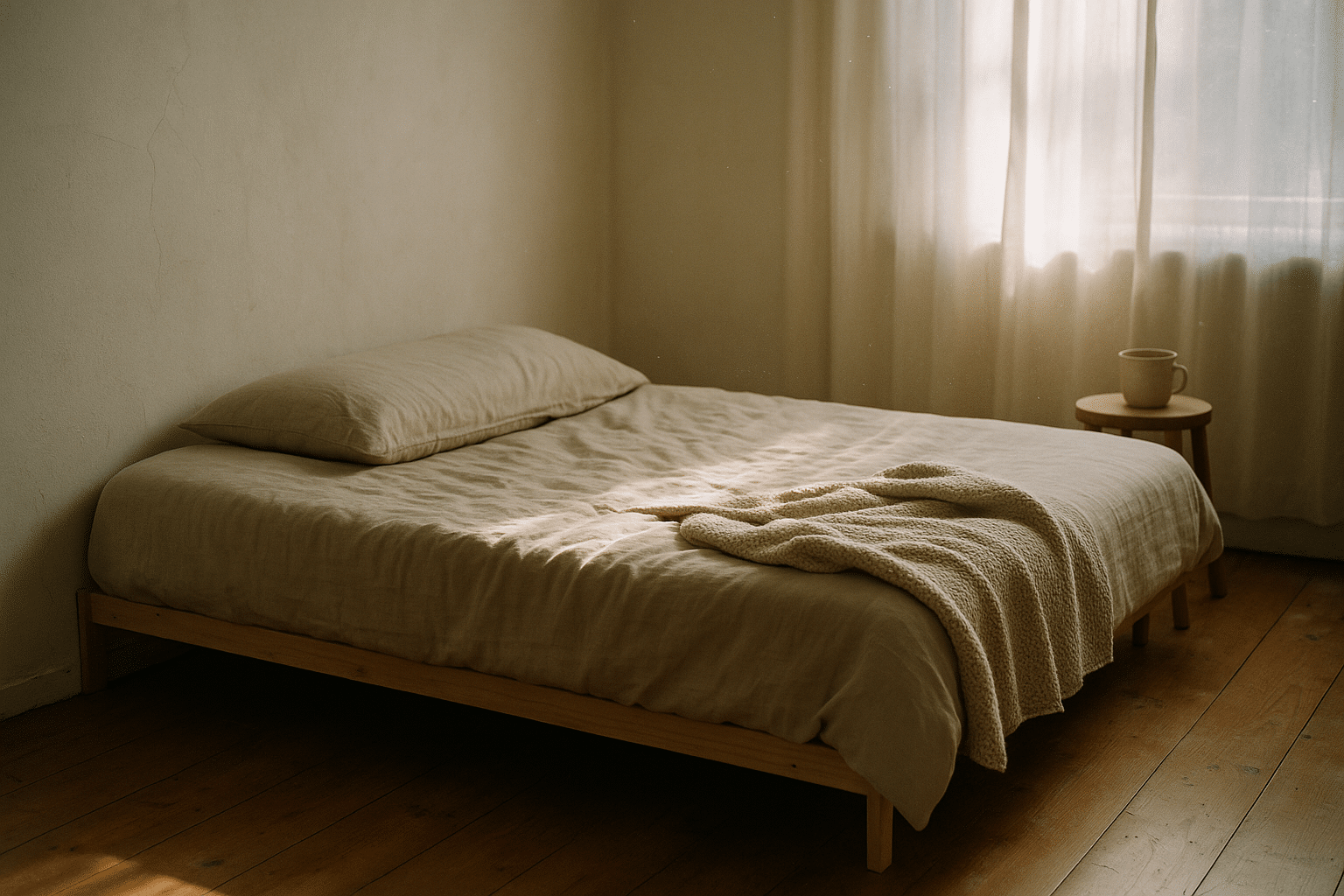
Creating Functional Decor from Discarded Furniture
Reviving old furniture and turning it into functional decor is not just a trend—it’s a creative and sustainable way to give new life to pieces that might otherwise end up discarded. Whether you’re a seasoned DIY enthusiast or a curious beginner, transforming discarded furniture into unique home accents can be both fulfilling and eco-friendly.
Why Upcycle Discarded Furniture?
According to a study by the Environmental Protection Agency, furniture waste accounts for a significant portion of landfill contributions, with millions of tons discarded annually. By upcycling furniture, you can contribute to reducing this environmental impact while adding a personal touch to your home decor.
Expert Insights
Renowned interior designer, Emma Green, shares, “Upcycling allows you to create something uniquely yours. It’s about reimagining the potential of each piece.” Her insights reflect a growing movement towards sustainable living and personalized design.
Getting Started with Upcycling
1. Assess and Plan
Before diving into a project, take time to assess the piece of furniture you intend to upcycle. Consider its structure, material, and potential function. What will it become? A coffee table, a planter, or maybe a stylish bookshelf?
2. Gather Your Tools
Having the right tools is crucial for a successful upcycling project. Essential tools might include sandpaper, paintbrushes, and a good quality paint or stain.
3. Creative Transformation Ideas
Here are a few creative ways to transform your furniture:
- Turn an old ladder into a bookshelf.
- Convert a wooden door into a dining table.
- Transform a dresser drawer into a planter box.
Real-Life Inspiration
Take, for example, Jamie, who transformed a discarded wooden pallet into a rustic coffee table. By sanding down the rough edges and adding a clear varnish, he created a centerpiece that is both functional and conversation-starting.
Comparison Table: Upcycled vs. New Furniture
| Aspect | Upcycled Furniture | New Furniture |
|---|---|---|
| Cost | Low | High |
| Environmental Impact | Low | High |
| Uniqueness | High | Variable |
| Customization | High | Limited |
| Durability | Variable | High |
| Time Investment | High | Low |
| Skill Level Required | Medium to High | Low |
| Resource Use | Minimal | High |
Frequently Asked Questions
How do I ensure the furniture is safe to use?
Always check for structural integrity. Reinforce joints and sand down any splinters or rough edges before use.
What paints are best for upcycling?
Chalk paints and milk paints are popular for their ease of use and forgiving nature. They also provide a beautiful matte finish.
Can I upcycle metal furniture?
Absolutely. Metal can be sanded and painted to suit your decor style. Just ensure any rust is removed beforehand.
Conclusion
Creating functional decor from discarded furniture is a rewarding endeavor that combines creativity, sustainability, and practicality. By incorporating personal touches and innovative ideas, you can transform any piece into a cherished part of your home. Ready to start your next project? Gather your tools, unleash your creativity, and begin upcycling today!


